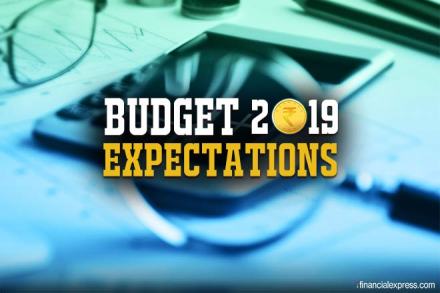- By Meena Ganesh
India has one of the lowest spendings on healthcare globally. While it was stated that the country is set to increase the healthcare spending to 2.5% of the GDP by 2025, it will still be less than half of the global average spending of 6% of the GDP. We hope that the new government will address this and other concerns in the upcoming budget. Apart from provisions to raise the expenditures, it is imperative to undertake a systematic and extensive revamp of the healthcare infrastructure in the country. There is thus a need to develop better and accessible healthcare
infrastructure in the country.
The home healthcare industry can be greatly instrumental in the government’s vision of affordable healthcare for all. However, the current taxation policies and regulations are yet to cover this sector and most of the expenses on diagnostic tests and at-home health care remain in the form of out of pocket costs. This puts a huge burden on families and limits their ability to access quality healthcare. I hope the upcoming budget addresses this critical area by bringing about various taxation and policy reforms in this sector. There is also a need to mainstream the sector by bringing it under the ambit of the governmental schemes like the Ayushman Bharat and health-insurance coverage plans. Apart from this, we expect the limits on reimbursement of expenses on diagnostics, preventive health check-ups, etc. to be doubled and home healthcare should also be made a part of this exemption. Another area of focus must be on creating awareness on and campaigns around the importance of adult vaccinations especially for influenza, pneumonia, etc. that impact the vulnerable elderly populations. This can also be done through an increased focus on improving access to primary care in the country.
Also Read: Budget 2019: GDP growth to be the top priority for FM Sitharaman, says Financial Express Online Survey
As of now, preventive health check-ups account for less than 10% of the total market and this segment is witnessing a CAGR of 20%. We hope that the government will increase the tax exemption ceilings under Section 80D towards the cost of preventive check-ups. This will encourage more people to opt for health check-ups and it will propel the segment to grow at a CAGR of 27% (FY 2019 to 2023).
The government also must look at exempting several critical healthcare equipment such as ventilators, wheelchairs, crutches, and medical equipment spare parts from GST to make quality healthcare more accessible in the country. Another area that needs to be addressed is the GST charged on health insurance and wellness services. Newer offerings such as home care, telehealth, etc. should receive full support as a part of the healthcare industry.
Apart from the healthcare segment, we hope that the upcoming budget will focus on the startup economy as well. The need of the hour is to expand the existing benefits and coverage under various schemes that were launched for start-ups and provide tax benefits, ease of registration and funding support to them.
- Meena Ganesh is MD & CEO, Portea Medical
